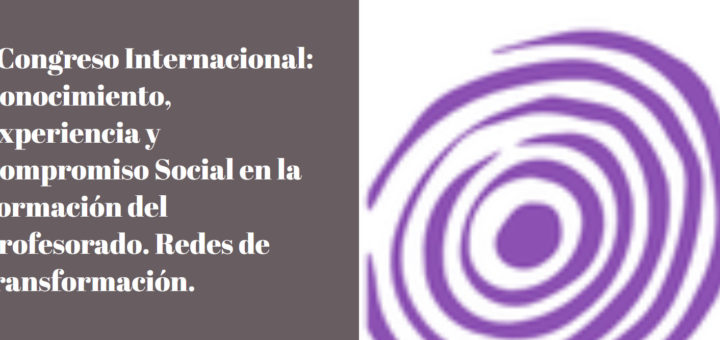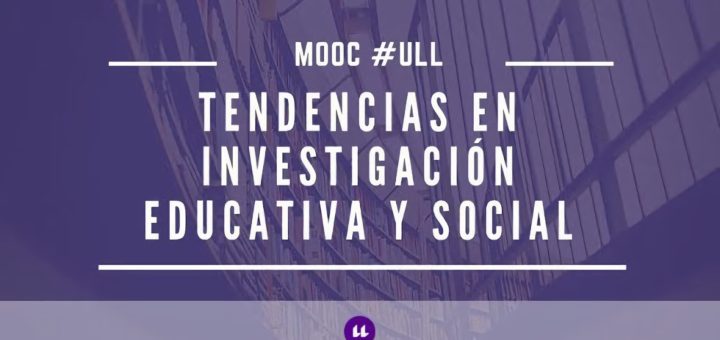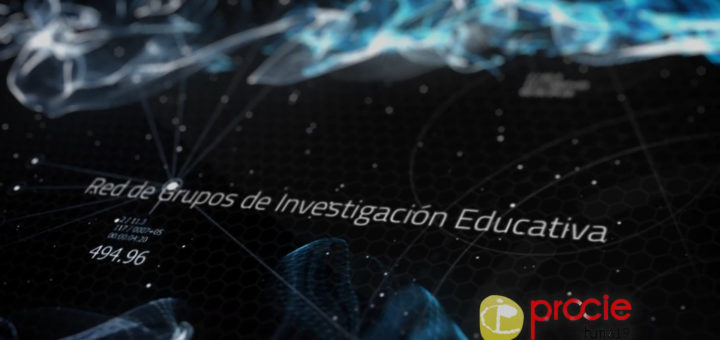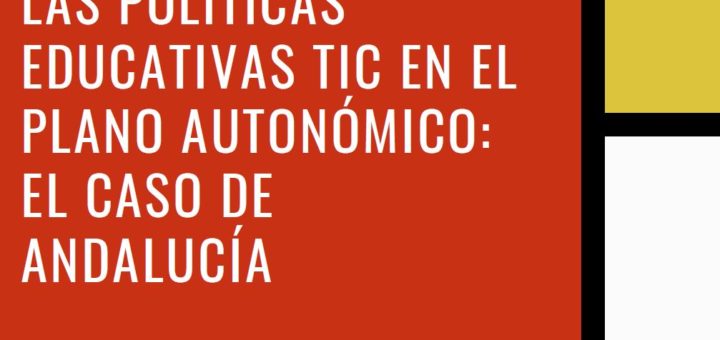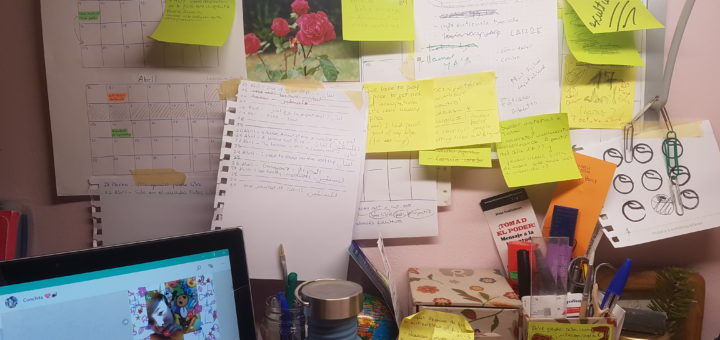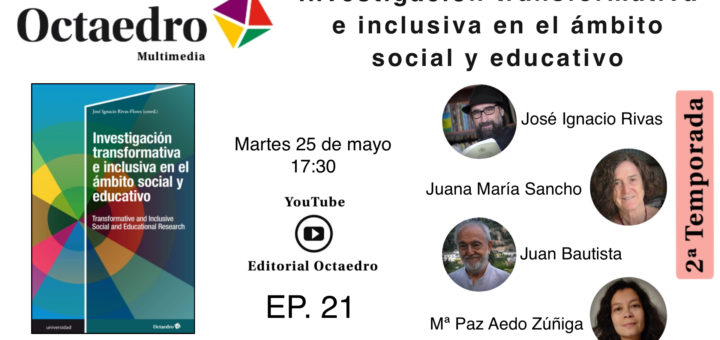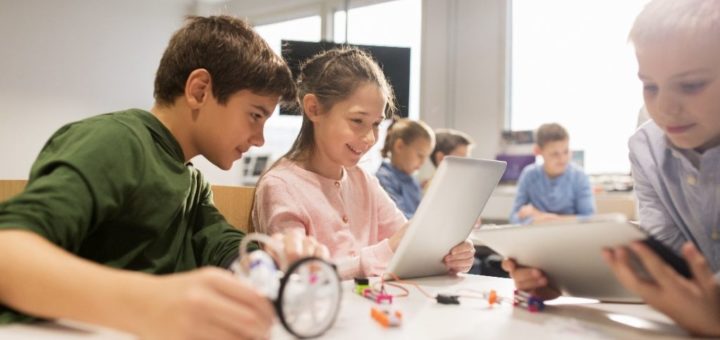An educational vision of disinformation: resources and tools for literacy
Democracy is threatened by the serious problem of disinformation. It is a complex phenomenon that must be analyzed from an educational approach in order to recognize what pedagogical models, practices and resources have been developed to train citizens to overcome disinformation. The “Forge of Destiny” project, funded by the COTEC Foundation for Innovation and developed by Nodo Educativo, aims to create an educational video game and has allowed us to learn about the relationship between education and disinformation.

